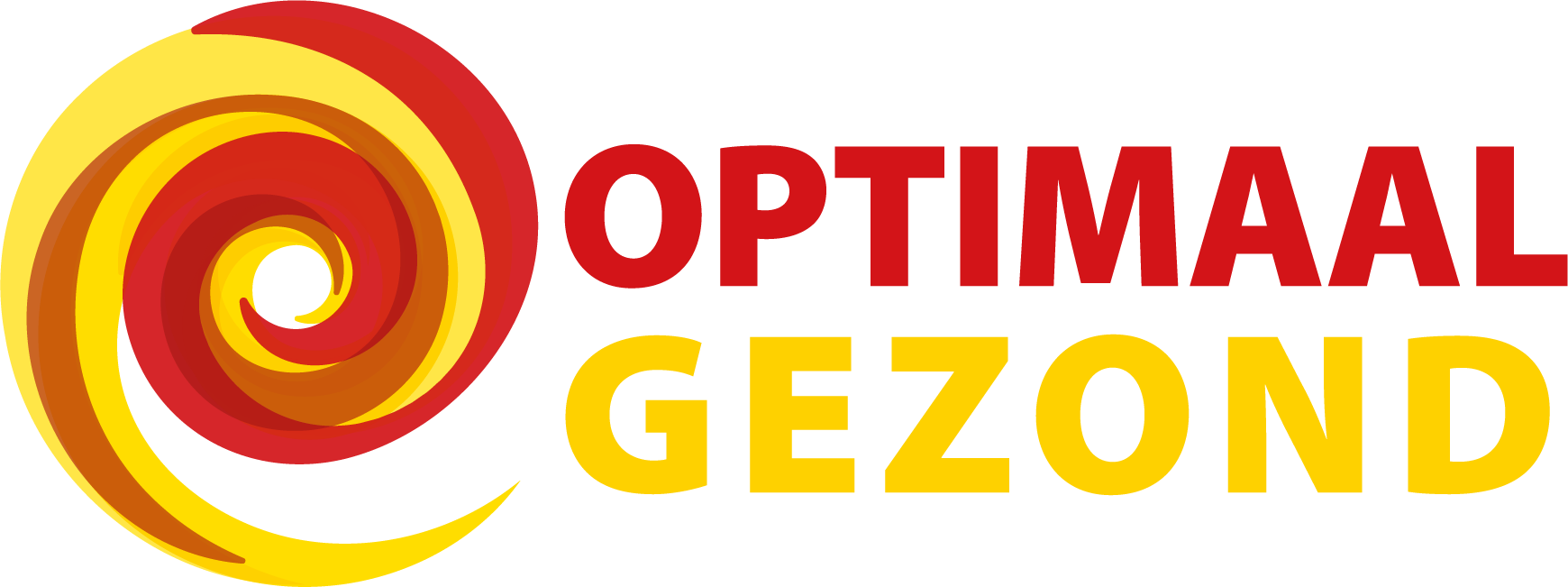There are no products in your shopping cart yet.
Symptoms of low testosterone in men

In the complex landscape of male health, testosterone plays a central role. As the primary male sex hormone, testosterone has a broad influence on various aspects of men's physical and mental well-being. When levels of this hormone drop below the optimal range, several symptoms can occur, significantly impacting both physical and mental health. This blog delves deeper into the symptoms of low testosterone in men.
Symptoms of Low Testosterone in Men
1. Decreased Libido and Sexual Dysfunction
A symptom that may indicate low testosterone levels is decreased sexual desire. Men may experience a decline in interest in sexual activity, which can lead to tensions in intimate relationships. Additionally, low testosterone can lead to sexual dysfunctions, such as erectile dysfunction, where men struggle to achieve and maintain an erection. Men may struggle significantly with this and feel ashamed, leading to avoidance of intimate contact and feelings of despair.
2. Fatigue and Lack of Energy
One of the most common symptoms of low testosterone levels is persistent fatigue and lack of energy. Men may find themselves feeling exhausted even after a good night's sleep and struggle to carry out daily activities with the same vitality. Resorting to several cups of coffee and pushing through often seems like a solution, but this only exacerbates the exhaustion.
3. Emotional Swings and Depression
Low testosterone levels can negatively impact men's emotional health. Mood swings, irritability, and even depressive symptoms may occur. This emotional turbulence can have significant consequences for men's mental well-being and quality of life. It can be unsettling and distressing to experience mood swings as a normally stable man.
4. Loss of Muscle Mass and Strength
Another noticeable effect of low testosterone levels is the loss of muscle mass and strength. Testosterone plays a crucial role in building and maintaining muscle tissue. Men with low testosterone levels often find it difficult to build and retain muscle mass, even with regular exercise. This can be frustrating and demotivating, further exacerbating fatigue from exercise.
5. Increase in Body Fat
Low testosterone levels can also contribute to an increase in body fat, particularly around the abdomen. This raises the risk of obesity, which in turn increases the risk of other health problems such as cardiovascular disease and diabetes. While lifestyle significantly impacts body fat, low testosterone can be a contributing factor when weight gain occurs despite healthy eating.
6. Reduced Concentration and Cognitive Function
Testosterone plays a role in cognitive function and mental sharpness. Men with low testosterone levels may find it difficult to concentrate, experience memory loss, and notice a general decline in cognitive performance. Performance becomes increasingly challenging.
7. Changes in Sleep Patterns
Low testosterone levels can also affect sleep quality. Men with low testosterone may struggle to fall asleep, experience restless sleep, or wake up frequently during the night.
8. Hair Loss
A visible symptom of low testosterone levels is hair loss. Men may notice slowed hair growth, especially on the scalp.
9. Reduced Bone Density
Testosterone plays a role in maintaining strong bones. Low levels can lead to reduced bone density and an increased risk of osteoporosis and fractures.
10. Mood and Self-Confidence
Low testosterone levels can lead to reduced self-confidence and self-esteem. Men may find themselves feeling less confident in various aspects of their lives, with symptoms compounding and exacerbating one another.
Symptoms of Low Testosterone
It is important to note that the severity and combination of these symptoms can vary depending on individual factors such as age, genetics, lifestyle, and health history.
Fortunately, effective treatment options are available for men with low testosterone levels. Hormone therapy, lifestyle changes, and diet can all contribute to restoring hormonal balance and reducing symptoms. For those who do not want conventional hormone therapy due to side effects, our testosterone-boosting gel is a viable option. This gel has no side effects and is effective, naturally increasing testosterone. Give it some time, as it takes a while for your body to regain balance, but it maintains balance for a long time (unlike conventional medication, where levels drop immediately after stopping the medication).
Conclusion
Understanding the symptoms of low testosterone is an essential step toward a healthier and more satisfying life for men. Noticing changes in sexual desire, mood, energy levels, physical performance, and other aspects of daily life can serve as a signal to seek medical advice and take targeted action. With the right treatment and care, men can strive for optimal health and well-being.
No comments found.
 English
English


